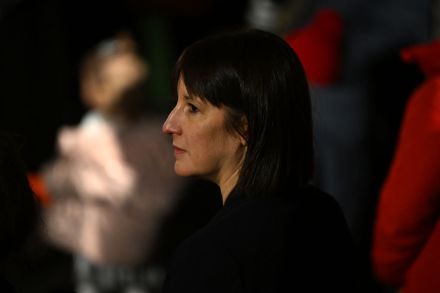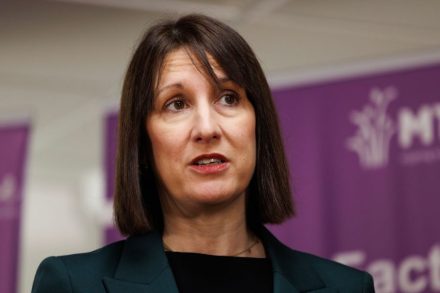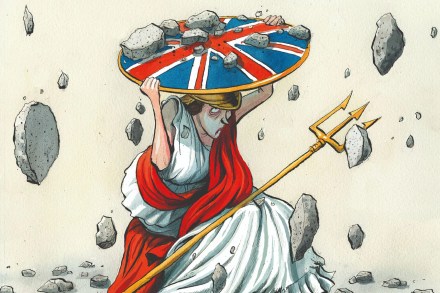When will Rachel Reeves deliver on her promises?
Security, security, security was the message from Chancellor Rachel Reeves as she addressed the Labour party today in Liverpool. A Labour government, she said, would stand for a British economy first. An economy that would put the British worker above all else. That, Reeves proclaimed, was the key difference between a Labour government and a Tory one. In fact, the line ‘don’t let anyone tell you there is no difference between a Labour government and a Conservative government’ was delivered so many times that by the fifth or sixth iteration it received only limp applause. The Conservatives were the main target of Reeves’s speech; they mismanaged the economy and allowed






















